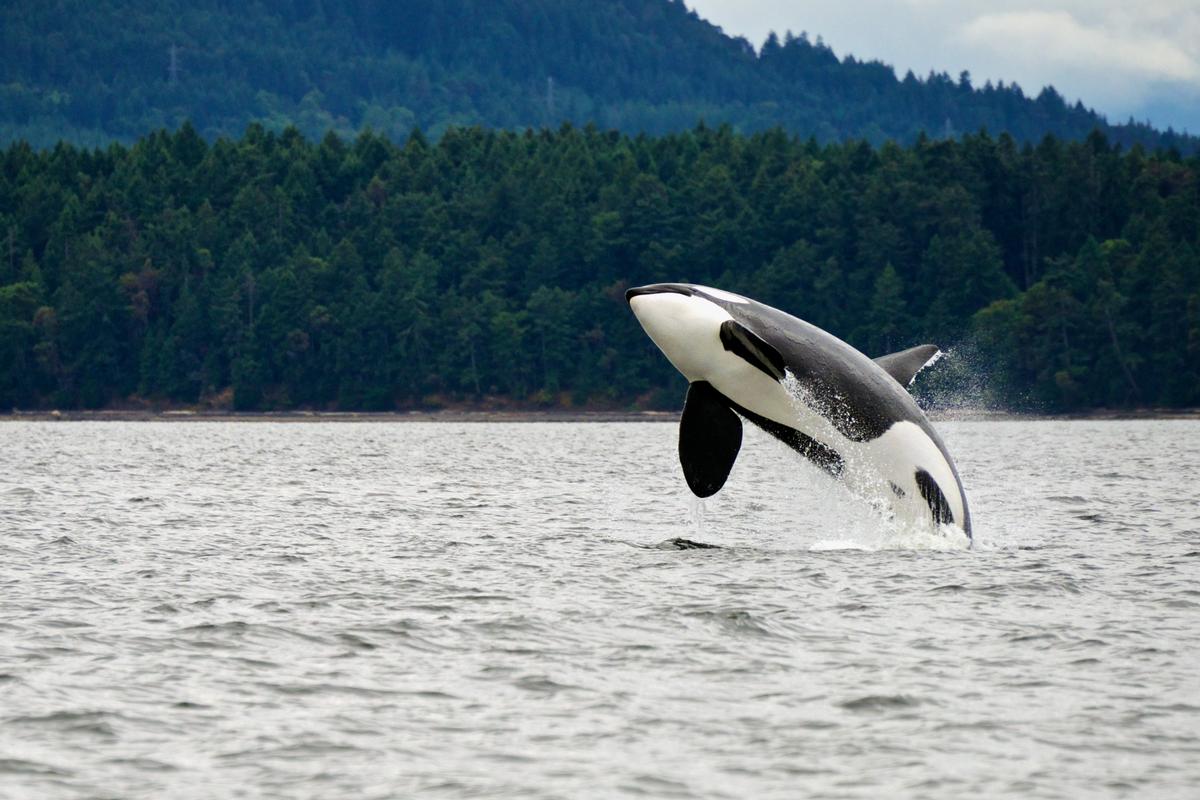see all jobs
Non-profit gets funding to seek out site for permanent whale sanctuary
A new US-based non-profit organisation is planning to build a home for retired and rescued aquarium whales, where animals living in captivity not deemed releasable can be sent to live out the rest of their days.
Keeping whales captive has been a public bone of contention for several years, drastically affecting the likes of SeaWorld in the wake of the Blackfish documentary. The change in attitude from the public has been so significant that in March, SeaWorld vowed to end its practice of keeping Orcas in captivity.
The whale sanctuary Project, launched with US$200,000 (€175,000, £139,000) in support from global infant and toddler company Munchkin, will create a seaside space where cetaceans can live permanently in an environment as close to their natural habitat as possible, and with full support for their wellbeing.
The new non-profit, headed by Dr Lori Marino, executive director of The Kimmela Center for Animal Advocacy, includes a team of experts in marine mammal science and behaviour, veterinary medicine, husbandry, engineering, law and policy, to lay the groundwork for the creation of permanent cetacean sanctuaries. This team will first produce a viable plan for construction and management of a North American sanctuary, and select a suitable location to ensure a good home for captive whales, dolphins and porpoises.
The funding secured from Munchkin will be used for an extensive site search, which involves studying the geographic, oceanographic and anthropogenic conditions of a number of possible coastal locations, and a strategic plan for building and operating the sanctuary, as well as transport and care of the animals. Munchkin has pledged further donations totalling at least US$1m (€878,000, £693,000) towards completion of the first whale sanctuary.
With the team currently eyeing the coastline of British Columbia, the sanctuary will primarily serve orcas, Belugas and dolphins endemic to colder waters who are retired from entertainment facilities, and injured or ill animals rescued from the ocean.
“There are sanctuaries for other large, highly social, and wide-ranging mammals, including elephants and great apes, but there are none anywhere in the world yet for dolphins and whales,” said Marino. “Cetacean sanctuary initiatives are long overdue, and we now have the best possible team of experts to ensure an optimal quality of life and care for individual cetaceans.”
More News
- News by sector (all)
- All news
- Fitness
- Personal trainer
- Sport
- Spa
- Swimming
- Hospitality
- Entertainment & Gaming
- Commercial Leisure
- Property
- Architecture
- Design
- Tourism
- Travel
- Attractions
- Theme & Water Parks
- Arts & Culture
- Heritage & Museums
- Parks & Countryside
- Sales & Marketing
- Public Sector
- Training
- People
- Executive
- Apprenticeships
- Suppliers
















































